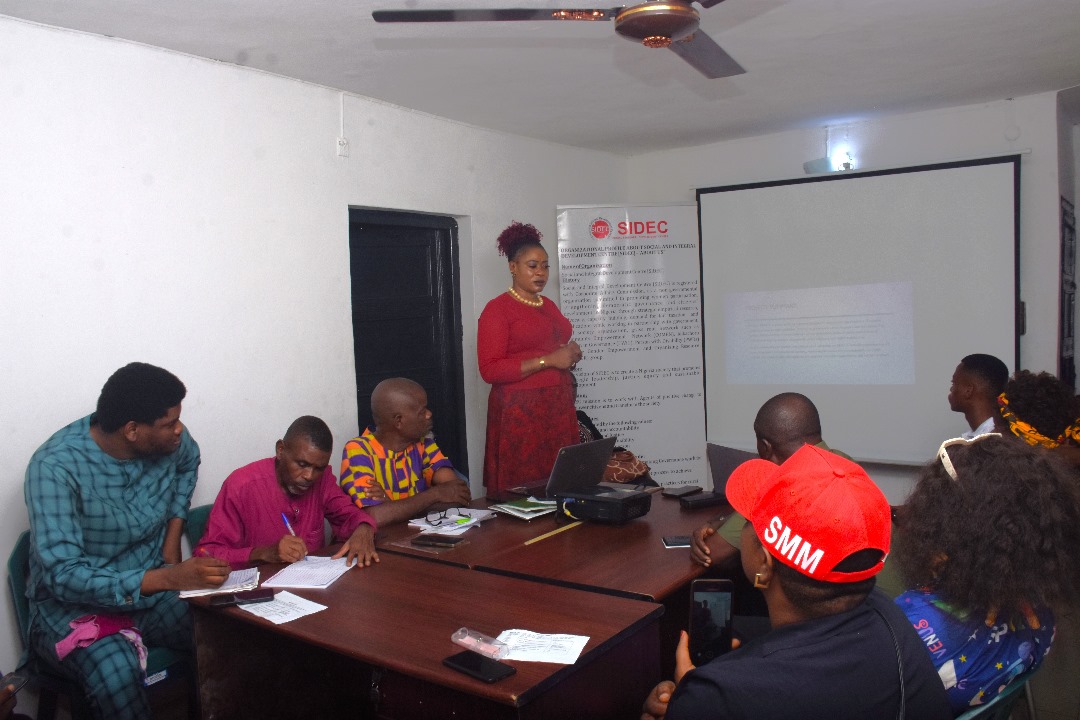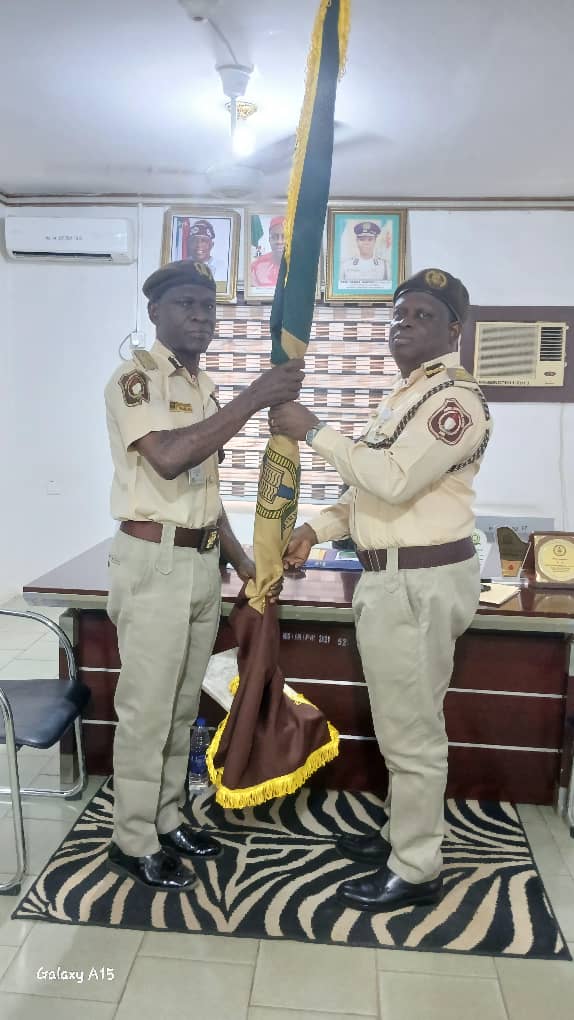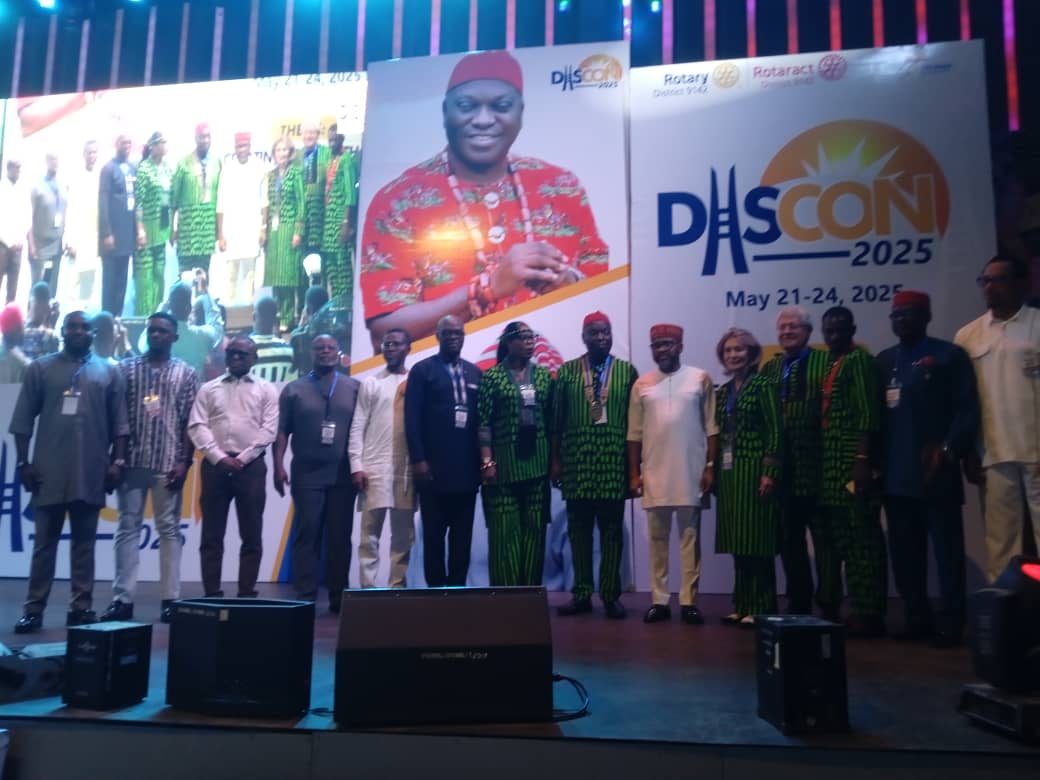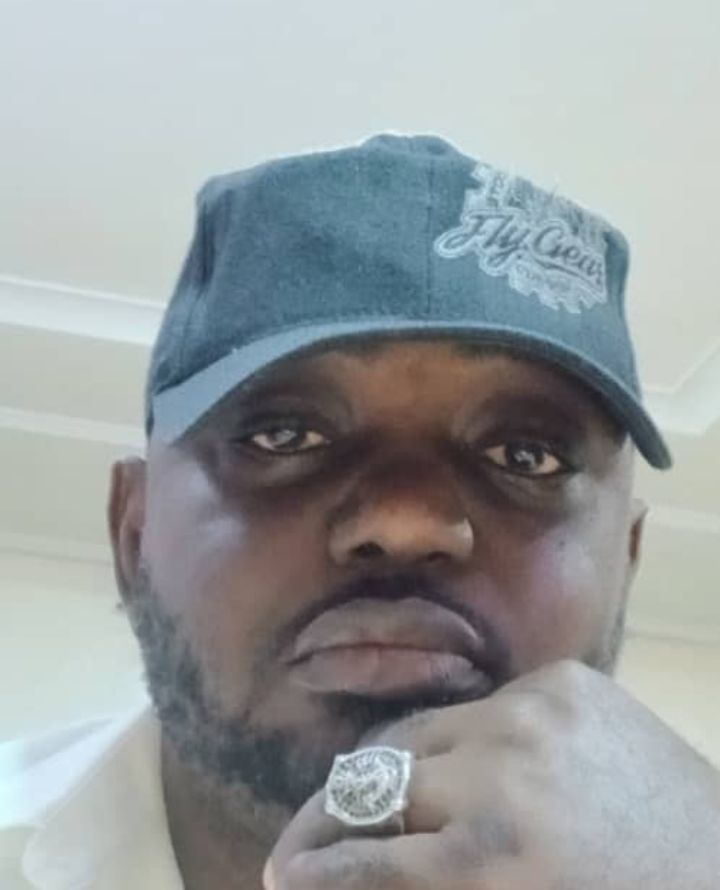The Inclusive Mobilization for Participation, Advocacy, and Civic Transformation (IMPACT) Project has been launched in Anambra and Imo States to boost civic participation and inclusive governance.
Project IMPACT is implemented by the Nigeria Civil Society Situation Room in partnership with the Social and Integral Development Centre (SIDEC), with funding from the UK Foreign, Commonwealth and Development Office (FCDO).
The project aims to increase the political participation of women, youth, and persons with disabilities (PWDs) and address long-standing challenges of exclusion, political apathy, and disinformation in the South-East through grassroots mobilization, policy advocacy, and digital campaigns.
SIDEC’s Executive Director, Ugochi Ehiahuruike, said the project will build on the organization’s inclusive governance work across Anambra’s 158 structured markets, where women and youth dominate but remain underrepresented in leadership.
“In Anambra markets, although women and PWDs constitute the majority of traders and apprentices, decision-making roles are still controlled by men,” she regretted.
“Project IMPACT will institutionalize democratic elections for women and PWDs in 15 strategically selected markets—five per zone—moving representation beyond token appointments.”
She noted that past market engagements had already produced visible results such as fire trucks, road construction, and health centres, proving that inclusive leadership drives development.
Strategies and activities
Project IMPACT she explained will deploy multiple strategies including voter education forums and digital mobilization, and radio campaigns and leadership training, stakeholder dialogues to build political will and counter-disinformation.
“At the policy level, Project IMPACT will push for the adoption of the Special Seats Bill in both states to secure legislative representation for women and PWDs.
“Currently, Anambra has just one woman out of 30 in its House of Assembly, while Imo has none out of 27.
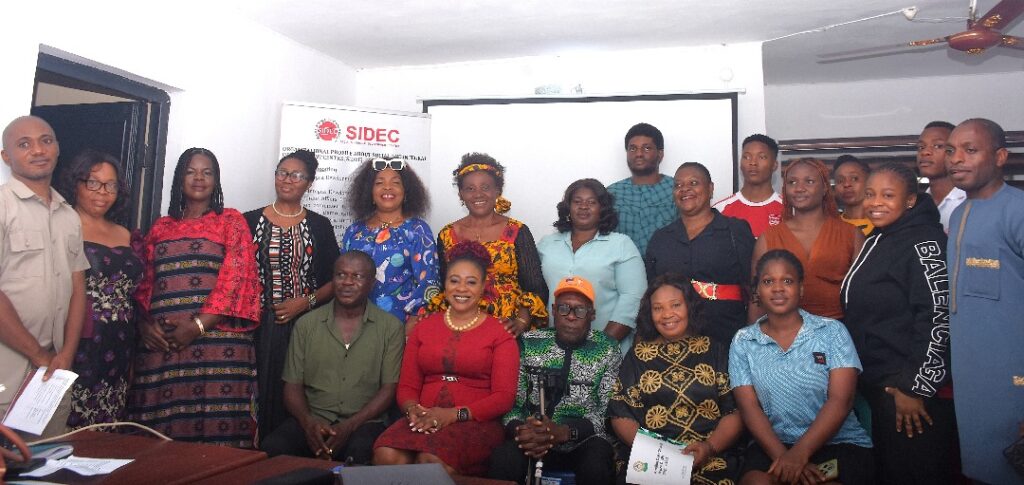
“Low turnout remains a major obstacle. Anambra’s 2021 governorship election recorded only 10% voter participation, one of the lowest in Nigeria’s history.
“Project IMPACT targets at least 25% turnout in the next cycle in November through a blend of grassroots education and digital outreach.
“Youth and marginalized groups often view elections as violent, corrupt, or irrelevant,” Ehiahuruike observed.
“We must change this perception by demonstrating the value of their voices.”
Context of Exclusion
She further regretted, “Despite Nigeria’s democratic progress, women hold only 3.7% of Senate seats and 3.9% in the House of Representatives.
“Cultural norms, lack of resources, and absence of institutionalized elections in markets limit women’s participation, while PWDs face even steeper barriers, including accessibility challenges and systemic neglect.
Ehiahuruike stressed that without democratic legitimacy, symbolic appointments cannot build sustained leadership or reverse apathy.
“Project IMPACT is working with Anambra and Imo-based CSOs — Development Dynamics, Habitat Care, IPCRC, JDPC Nnewi, and JONAPWD to ensure grassroots ownership and contextual insights.
“The initiative aligns with broader inclusion goals by directly targeting the underrepresentation of women, youth, and PWDs in both political structures and community leadership.
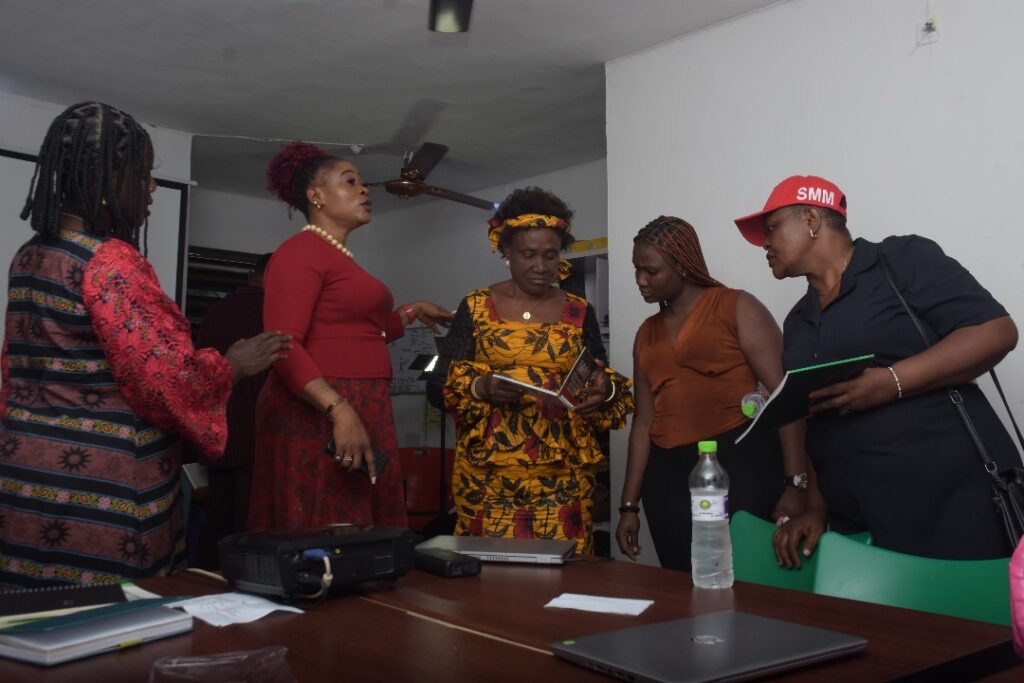
The project she explained seeks to increase voter turnout in Anambra from 10% (2021) to at least 25%, institutionalize democratic leadership for women and PWDs in 21 markets, build grassroots support for the Special Seats Bill in both states and counter disinformation to restore public trust in elections.
“Expected outcomes include: higher awareness and civic participation among marginalized groups, as well as women and PWDs actively contesting and occupying market leadership roles.
“Other outcomes are: stronger grassroots and stakeholder backing for inclusive governance policies and improved digital literacy and reduced impact of political disinformation.
Stakeholders’ voices of support
Stakeholders at the project inception ceremony pledged to support its lofty goals.
Ugo Okeke, Chairman of the Joint National Association of Persons with Disabilities (JONAPWD), said: “If we all work together, we can achieve 25 percent turnout of voters in the forthcoming election. Attention must also be paid to voter security.”
Kenneth Ogoaju, Chairman of Agboedo Motor Spare Parts Market, Nnewi, and Juliet Ezenwosu, National President of the Artisan Women Association, committed their associations to the initiative.
Representing CSOs, Chioma Okeke praised SIDEC’s “doggedness in pushing inclusive governance,” while Ugochi Nevorji, Woman Leader of Relief Market, Ogbaru, said the project’s objectives would “help build an egalitarian society.”
By embedding inclusive mechanisms in markets, strengthening civic education, and advocating for legislative reforms, Project IMPACT aims to make governance more representative in Anambra and Imo.
“This is about transforming symbolic representation into real leadership. When women, youth, and persons with disabilities are part of decision-making, everyone benefits,” Ehiahuruike concluded.


